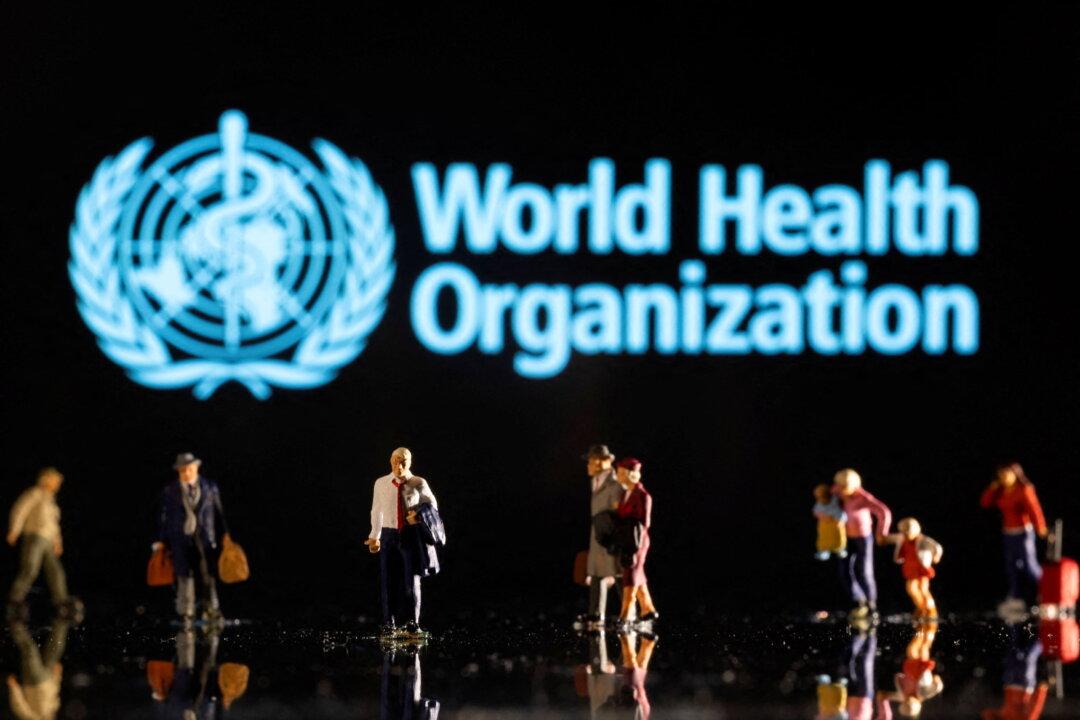A former Minnesota congresswoman is calling for an immediate exit from the World Health Organization (WHO) as it inches closer to establishing governance over nations during a declared public health emergency.
“This is very serious, and it’s approaching faster than anyone realized,” Michele Bachmann told The Epoch Times.





